The FSR402 is a Force Sensing Resistor (FSR), a type of sensor that exhibits a decrease in electrical resistance when a force or pressure is applied to its surface. Here’s a breakdown of its description:
Key Characteristics:
- Function: Detects and measures the magnitude of applied force or pressure.
- Working Principle: It operates based on the principle of variable resistance. When a force is applied, the conductive elements within the sensor are brought into greater contact, leading to a lower resistance. Conversely, when the force is removed, the resistance increases.
- Construction: Typically made of two layers of a substrate (often a flexible polymer film) separated by a spacer. One or both layers are coated with a conductive material (like conductive ink). When pressure is applied, these layers make more contact.
- Output: The output is a change in resistance, which can then be measured using a simple voltage divider circuit to produce a corresponding voltage signal. This analog voltage signal can be read by a microcontroller (like an Arduino) to determine the applied force.
- Shape and Size: The FSR402 commonly features a circular sensing area with a diameter around 0.5 inches (12.7 mm) or 14.68mm, and has a thin, flexible form factor. It also has pins for easy electrical connection.
- Force Sensitivity Range: It is designed to be sensitive to a specific range of forces, typically from around 0.2N to 20N (approximately 20 grams to 2 kilograms), or sometimes specified as 100g to 10kg depending on the specific datasheet.
- Resistance Range: The resistance varies significantly with applied force, typically ranging from greater than 1 MΩ (megaohm) with no pressure to around a few kilohms (kΩ) at maximum pressure.
- Durability: These sensors are generally robust and can withstand millions of actuations.
Key Features and Benefits:
- Thin and Flexible: Allows for easy integration into various applications and curved surfaces.
- Simple to Use: Requires basic circuitry (usually a pull-up or pull-down resistor in a voltage divider) to interface with microcontrollers.
- Low Cost: Relatively inexpensive compared to other types of force sensors.
- Robust: Can endure repeated use.
- Analog Output: Provides a continuous range of values corresponding to the applied force.
- Good Sensitivity: Capable of detecting subtle changes in pressure within its specified range.
Typical Applications:
The FSR402 is used in a wide range of applications, including:
- User Interfaces: Creating touch-sensitive buttons, menus, and controls.
- Robotics: Implementing tactile feedback in robot grippers, force control, and touch-sensitive skins.
- Medical Devices: Pressure monitoring in beds, patient monitoring systems, and wearable health devices.
- Musical Instruments: Velocity-sensitive keys or pressure-sensitive controls.
- Gaming: Pressure-sensitive buttons and controls in gamepads and interactive devices.
- Wearable Technology: Monitoring pressure or touch in smart clothing and accessories.
- Automotive: Occupancy sensors, control interfaces.
- Inventory Control: Detecting the presence and weight of items on shelves.
- Athletic Apparel: Measuring foot pressure distribution in shoes.
- Bed Monitoring: Detecting movement and pressure for sleep monitoring or fall detection.
Important Considerations:
- Non-Linearity: The relationship between force and resistance is generally not linear (often logarithmic). Calibration and lookup tables are often needed for accurate force measurements.
- Accuracy: FSRs are generally not as accurate as high-precision load cells. They are better suited for detecting relative changes in force or pressure rather than precise weight measurements.
- Hysteresis: The sensor might exhibit some hysteresis, meaning the resistance at a given force might be slightly different depending on whether the force is increasing or decreasing.
In summary, the FSR402 is a versatile, low-cost, and easy-to-use sensor for detecting and measuring force or pressure in a variety of applications where high accuracy is not a primary requirement. Its thin and flexible nature makes it ideal for integration into space-constrained designs.
You must be logged in to post a review.

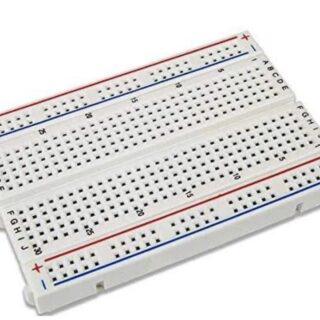
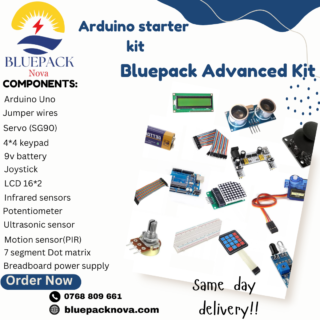
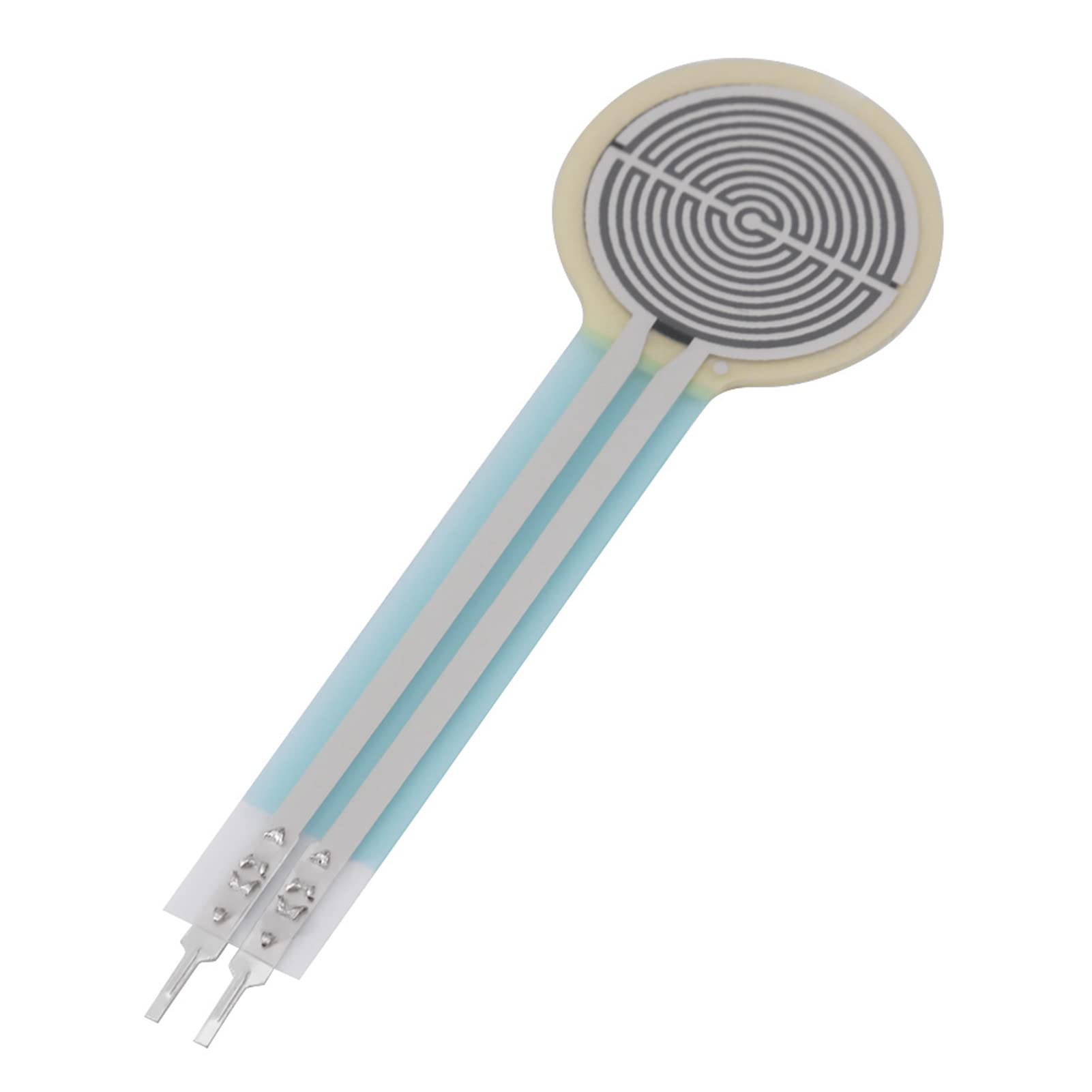
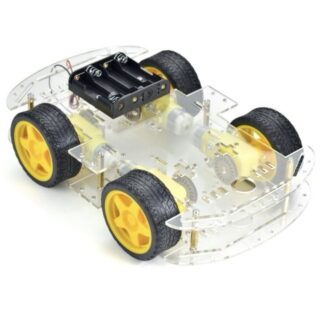
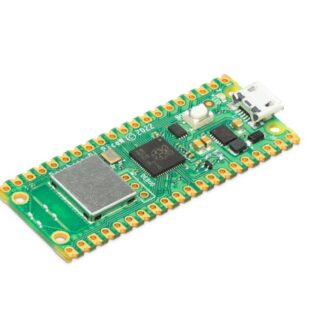
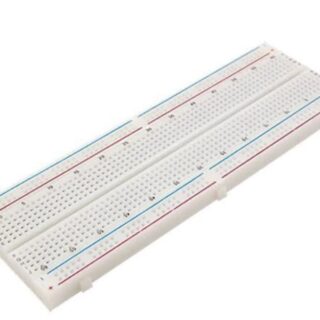
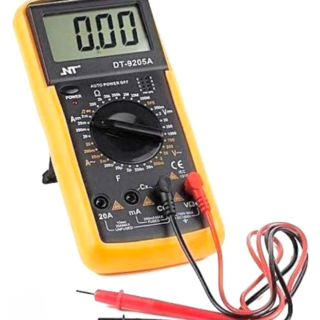
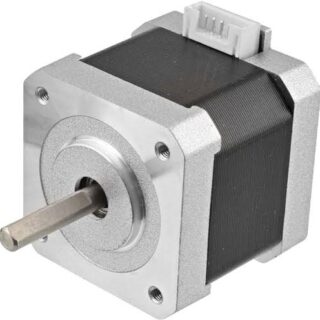
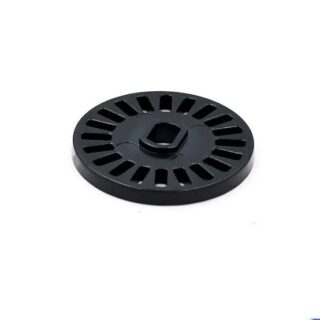
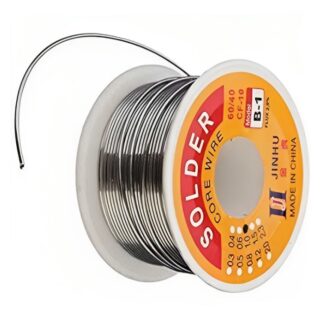
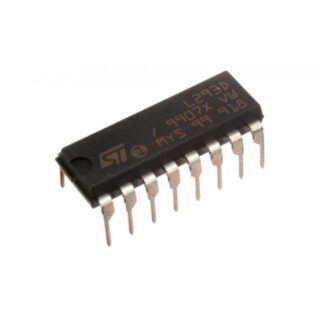
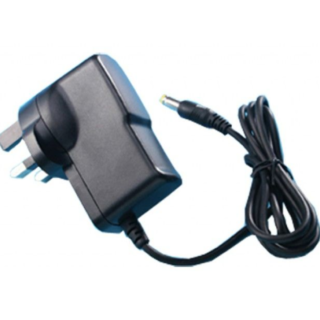
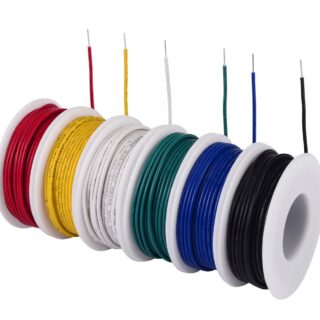
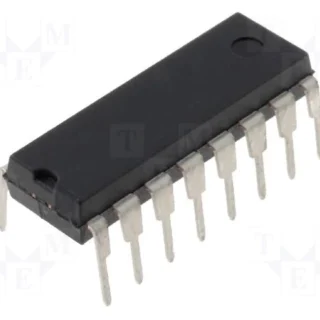
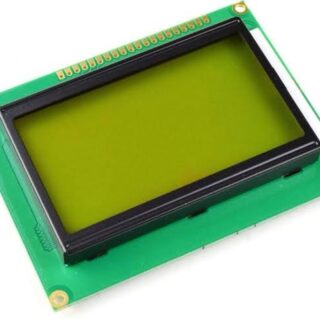
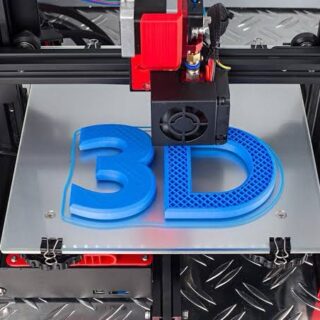
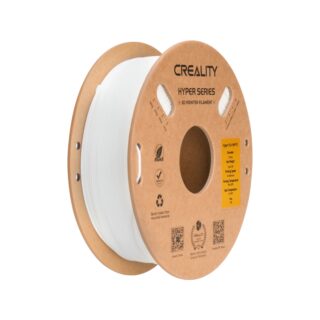
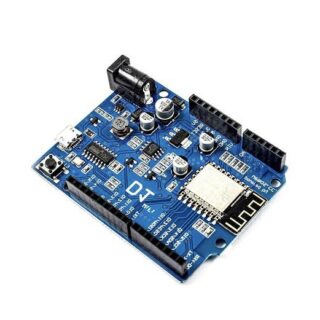

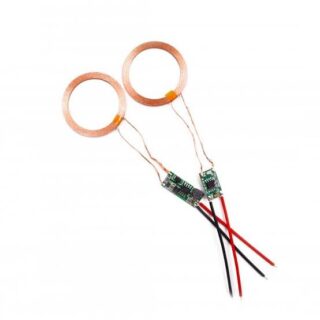
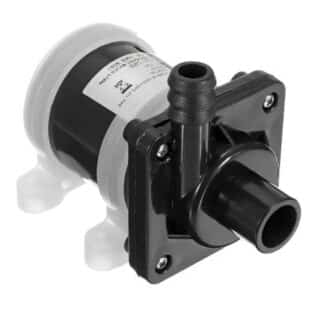
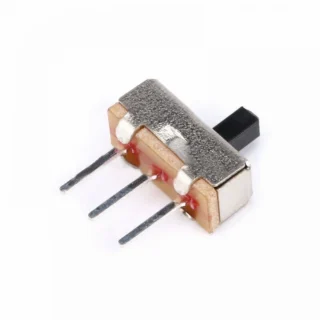
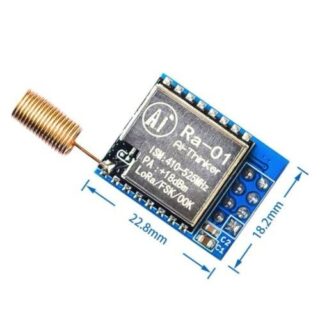
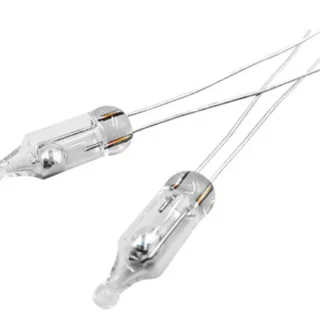
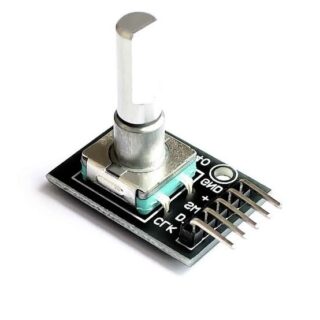
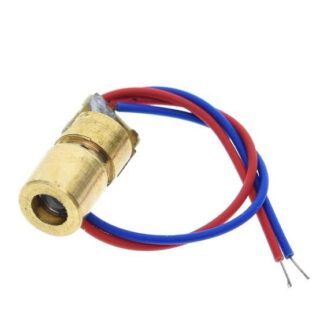


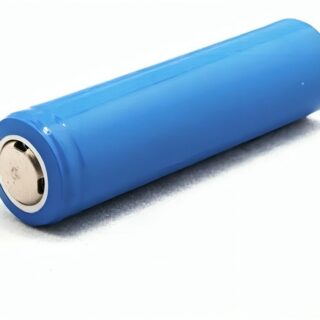
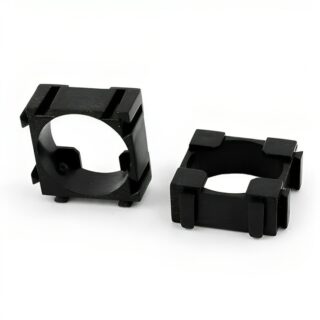
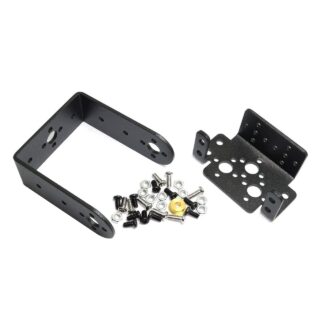
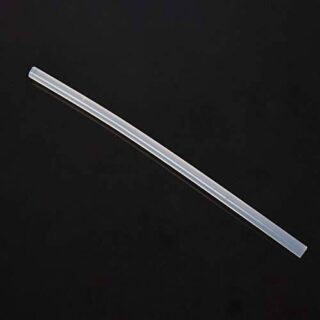
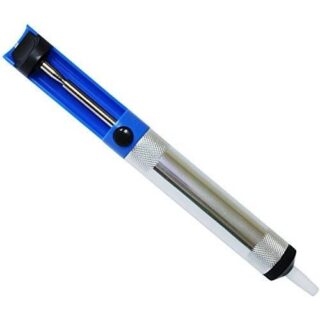
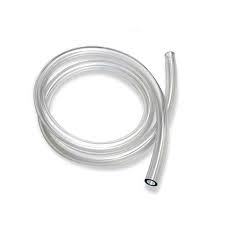
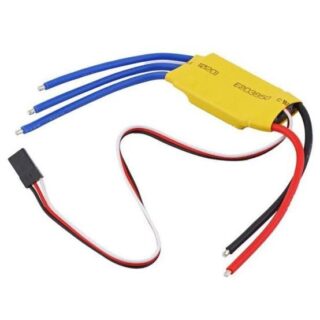
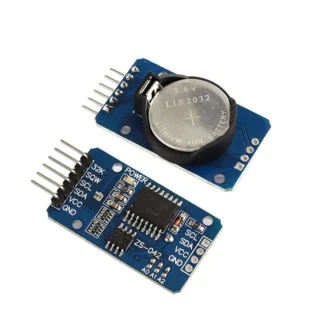
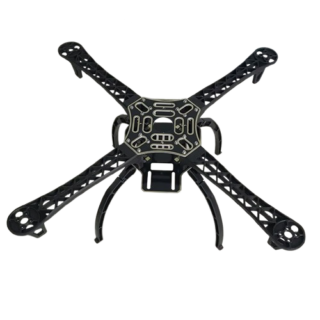
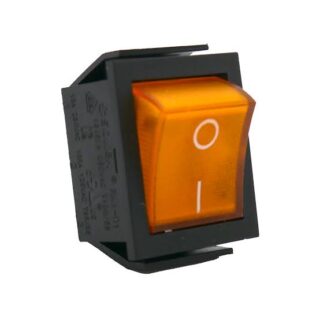
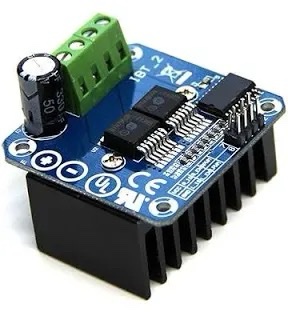
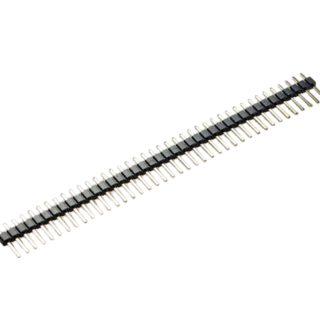
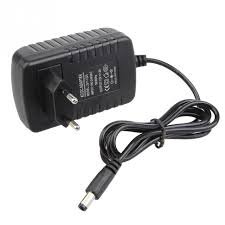

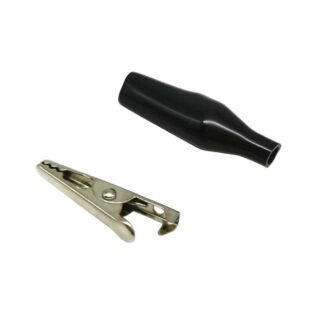
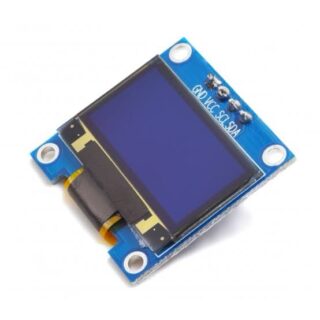
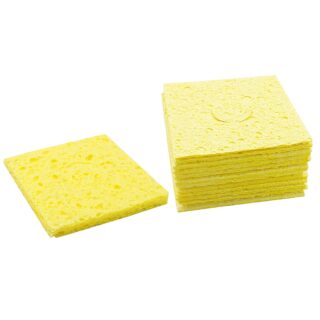
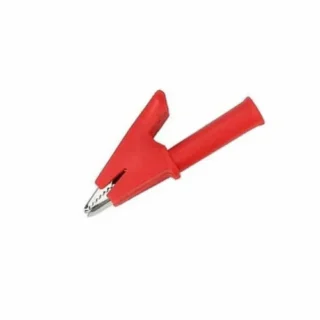
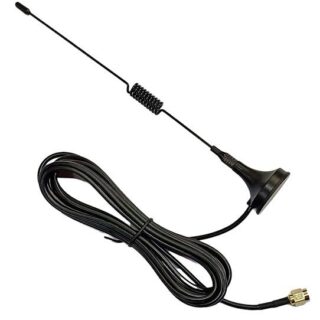
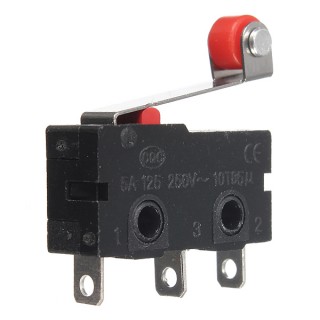
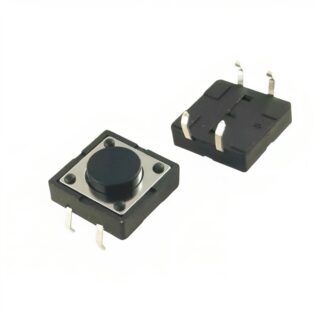
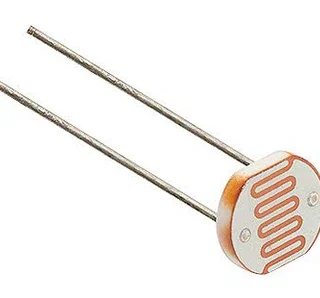
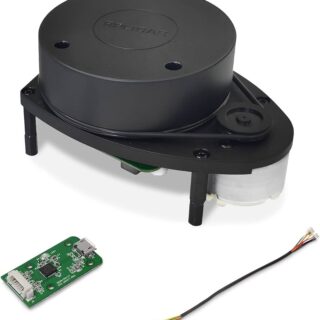
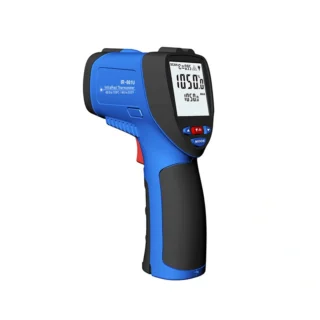
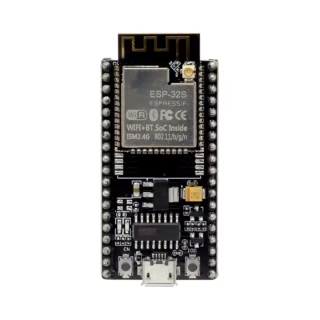
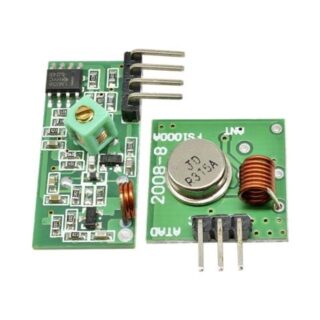
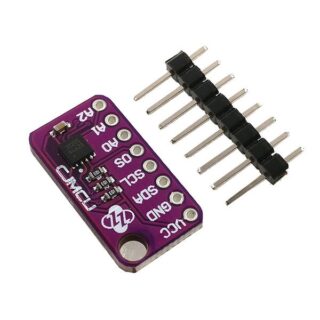
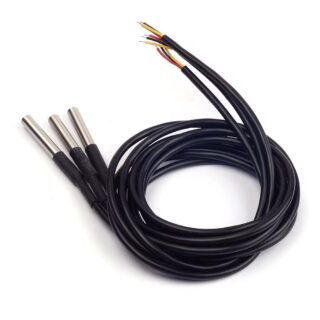
Reviews
There are no reviews yet.